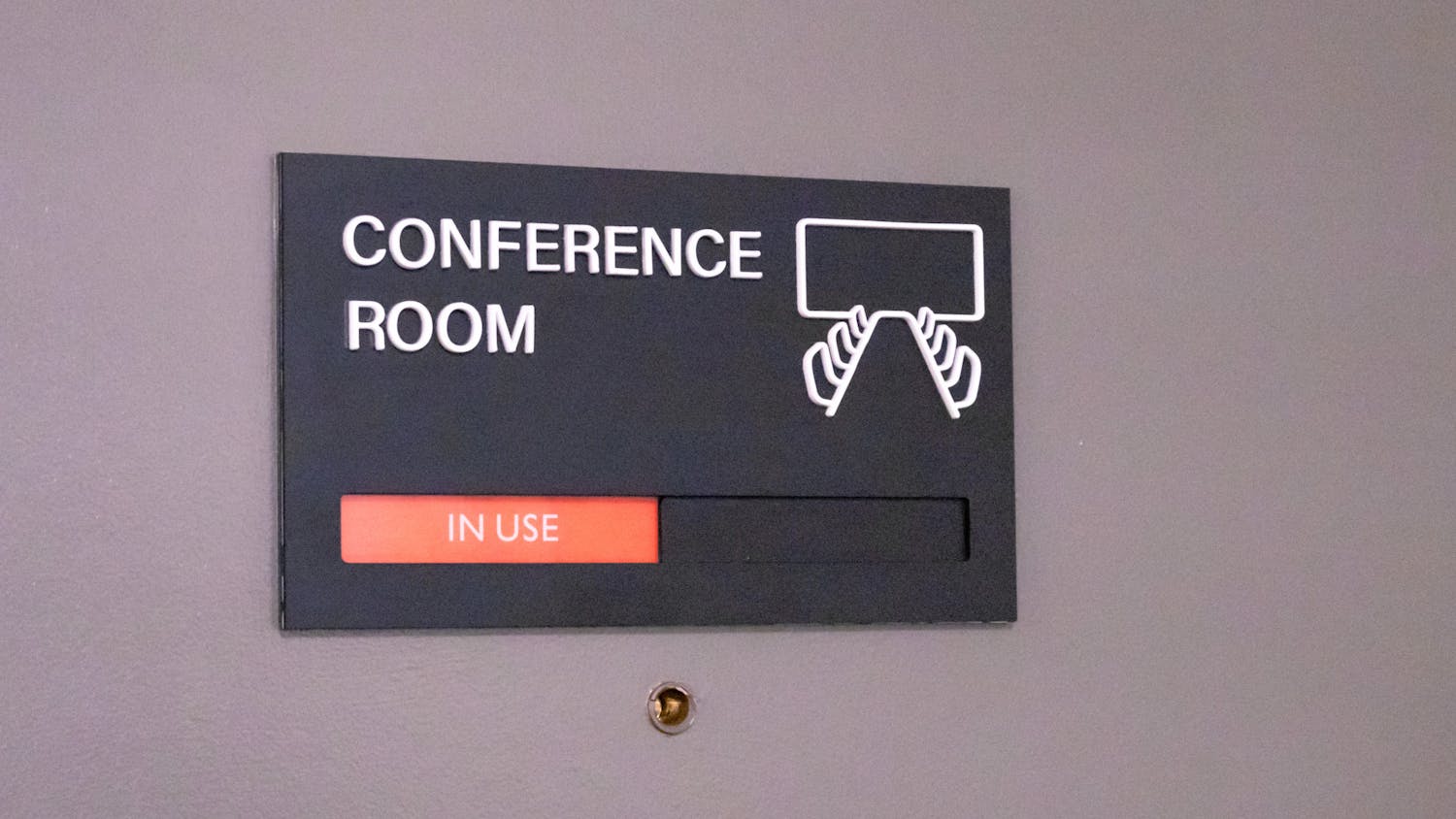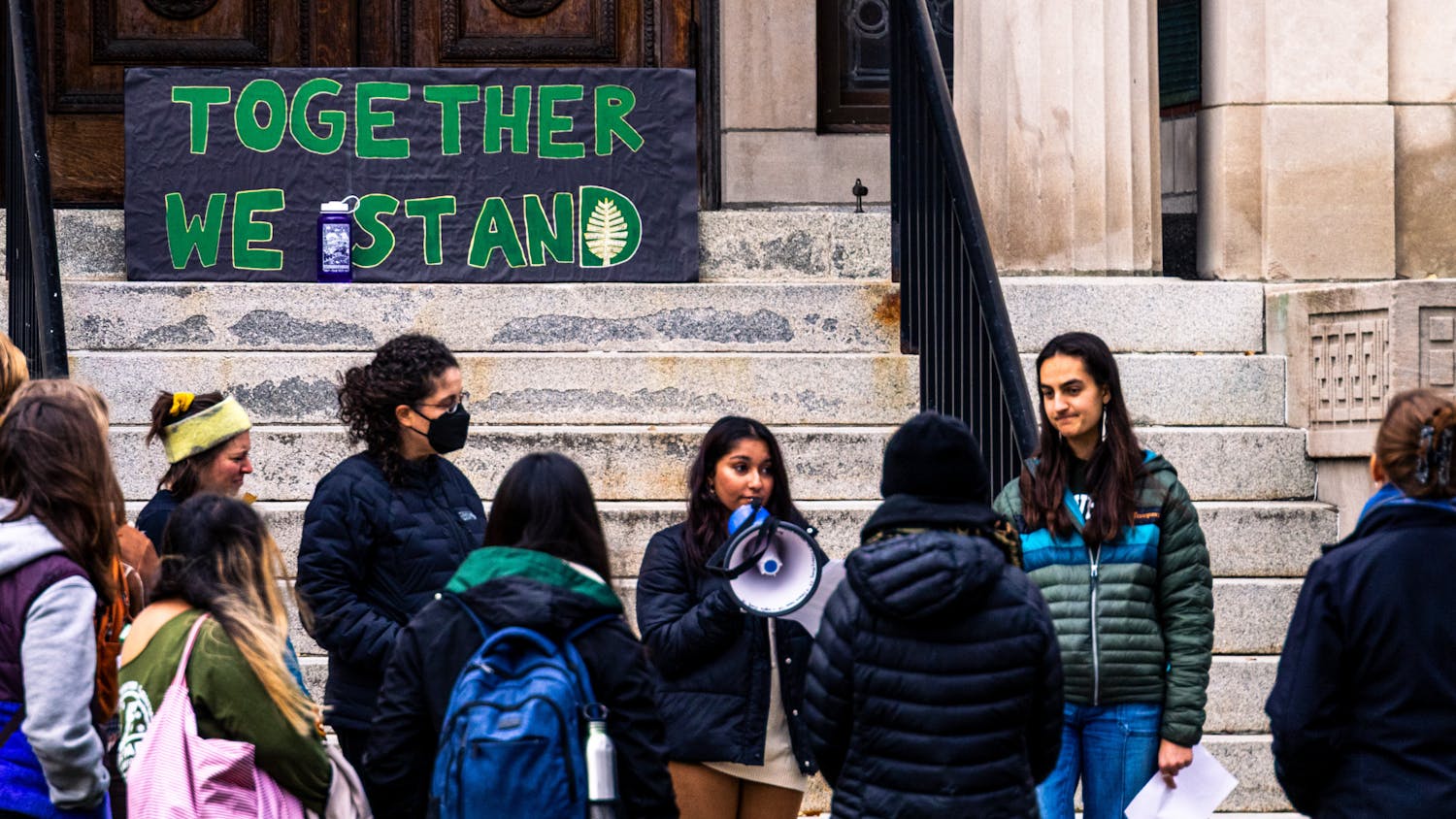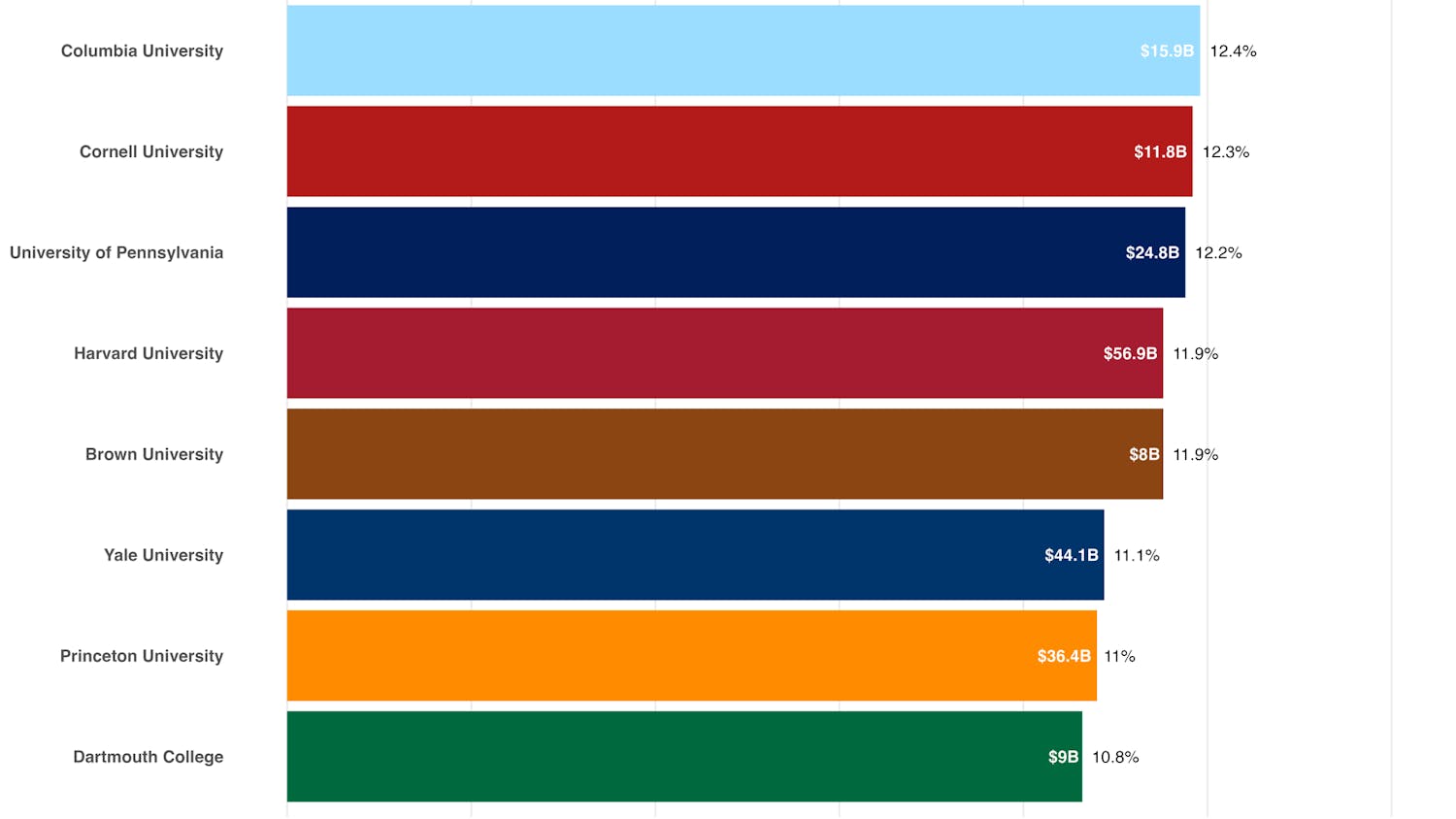Economics professor David Blanchflower, also a member of the Monetary Policy Committee of the Bank of England, delivered a speech to the Cambridgeshire Chamber of Commerce in January. In it, he outlined the counterintuitive effects of immigration to the United Kingdom's economy.
The information cited in the speech, and the study upon which it was based, is one of the reasons Blanchflower is said to have voted against raising interest rates from five percent three times since August. (The last vote, held in January, left Blanchflower in the minority and raised the interest rate to 5.25 percent.)
In the study, Blanchflower noted that the arrival of immigrants has probably improved the United Kingdom's labor market.
"We found little or no evidence that immigrants have had a major impact on UK labor market outcomes such as wages and unemployment, and this is consistent with work by a number of other authors," Blanchflower said in a press release.
"In fact, we argue that at present, the entry of recent A8 migrants appears to have improved the workings of the labor market, reduced wage and inflationary pressures and lowered the natural rate of unemployment." (A8 migrants are immigrants from the eight countries that joined the European Union in 2004.)
Blanchflower is involved in the monetary stability aspect of the committee, meaning he is charged with setting the correct interest rates in order to keep inflation at the target, said Bank of England spokesman Sally Reid in an interview with The Dartmouth. In addition, Blanchflower cites his experience as a labor market expert as an insight that allows him a different point of view while making these decisions.
"It was not just a matter of presentation. There are still some doubts. Wage growth has not risen and that is because there is much more slack in the labor market than some people think," Blanchflower said, citing evidence showing a decrease in the housing market. "I don't think there will be big wage rises. There is a temporary spike in inflation so there is no basis for big pay awards. But if I am wrong then I will vote for a rate rise."
Blanchflower, who splits his time between England and the United States, was unavailable for comment because he is "wholly engrossed in his duties as a member of the Bank's Monetary Policy's committee," Gary Hunt of the Bank's press office said.



